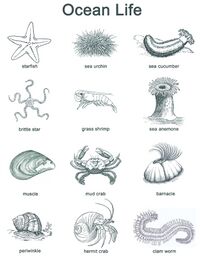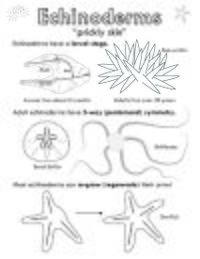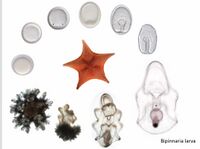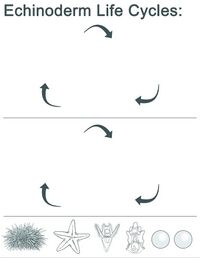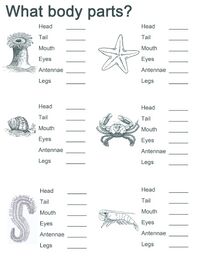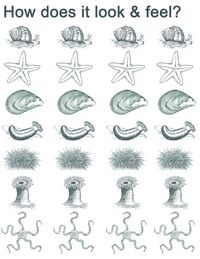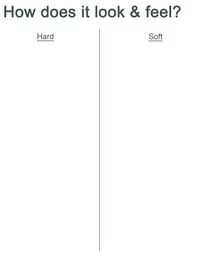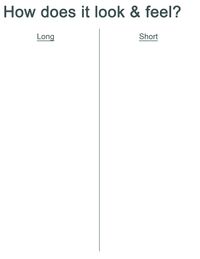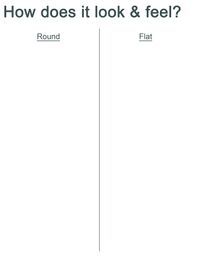Sea Urchin Fertilization Laboratory: Difference between revisions
imported>Ctelmer No edit summary |
No edit summary |
||
| (5 intermediate revisions by one other user not shown) | |||
| Line 1: | Line 1: | ||
<span class="newwin">[ | <span class="newwin">[https://www.echinobase.org/entry/literature/article.do?method=display&articleId=42133 '''Sea Urchin Fertilization Laboratory''']</span><br /> | ||
Vic Vacquier developed a handout for university students on how to observe sea urchin fertilization in a university lab class setting. All that is needed are sea urchin gametes, a microscope, a few solutions and this handout. The handout works well for both 1 or 2 three hour labs. The student reads through the handout, makes the simple observations, and does the simple, direct experiments to gain insight into the fascinating process of sperm-egg interaction and egg activation. | Vic Vacquier developed a handout for university students on how to observe sea urchin fertilization in a university lab class setting. All that is needed are sea urchin gametes, a microscope, a few solutions and this handout. The handout works well for both 1 or 2 three hour labs. The student reads through the handout, makes the simple observations, and does the simple, direct experiments to gain insight into the fascinating process of sperm-egg interaction and egg activation. | ||
<span class="newwin">'''Ocean Life Class for K-5'''</span><br /> | |||
<p>Class objective is to instill a sense of wonder and curiosity at the diversity of invertebrate life and forms in the ocean.</p> | |||
<p>The worksheets that follow are suggested to be used in a class involving live marine invertebrates purchased from marine animal suppliers.</p> | |||
<p>The discussions and activities depend upon the facilities available and the area of study of the host aquarium and lab.</p> | |||
<span class="newwin">'''Ocean Life Introduction'''</span><br /> | |||
The oceans are rich with life, this sheet shows common marine invertebrates. | |||
<p style="margin-left: 20px">[[File:Ocean_Life.jpg|frameless|200px]]</p> | |||
| Line 27: | Line 40: | ||
<p style="margin-left: 20px">[[File:Echinoderm_Worksheet.jpg|frameless|200px]]</p> | <p style="margin-left: 20px">[[File:Echinoderm_Worksheet.jpg|frameless|200px]]</p> | ||
<span class="newwin">'''Cut and Paste Echinoderm Life Cycles'''</span><br /> | <span class="newwin">'''Cut and Paste Echinoderm Life Cycles'''</span><br /> | ||
This | This image shows the life cycle of the bat star.<br /> | ||
<p style="margin-left: 20px">[[File:Sea_Star_Life_Cycle.jpg|frameless|200px]]</p> | <p style="margin-left: 20px">[[File:Sea_Star_Life_Cycle.jpg|frameless|200px]]</p> | ||
The students then cut and paste sea urchin life cycle stages.<br /> | |||
The students then cut and paste the bat star and then the sea urchin life cycle stages noting similarities and differences.<br /> | |||
<p style="margin-left: 20px">[[File:Echinoderm_Life_Cycles.jpg|frameless|200px]]</p> | |||
<span class="newwin">'''Morphology Activity'''</span><br /> | |||
This activity involves a worksheet for scoring morphology and then a cut and paste activity for scoring attributes. | |||
<p style="margin-left: 20px">[[File:Body_Parts.jpg|frameless|200px]]</p> | |||
<p style="margin-left: 20px">[[File:Morphology_Activity_Page_6.jpg|frameless|200px]]</p> | |||
<p style="margin-left: 20px">[[File:Morphology_Activity_Page_2.jpg|frameless|200px]]</p> | |||
<p style="margin-left: 20px">[[File:Morphology_Activity_Page_3.jpg|frameless|200px]]</p> | |||
<p style="margin-left: 20px">[[File:Morphology_Activity_Page_4.jpg|frameless|200px]]</p> | |||
<p style="margin-left: 20px">[[File:Morphology_Activity_Page_5.jpg|frameless|200px]]</p> | |||
<br/> | |||
Latest revision as of 20:53, 15 February 2023
Sea Urchin Fertilization Laboratory
Vic Vacquier developed a handout for university students on how to observe sea urchin fertilization in a university lab class setting. All that is needed are sea urchin gametes, a microscope, a few solutions and this handout. The handout works well for both 1 or 2 three hour labs. The student reads through the handout, makes the simple observations, and does the simple, direct experiments to gain insight into the fascinating process of sperm-egg interaction and egg activation.
Ocean Life Class for K-5
Class objective is to instill a sense of wonder and curiosity at the diversity of invertebrate life and forms in the ocean.
The worksheets that follow are suggested to be used in a class involving live marine invertebrates purchased from marine animal suppliers.
The discussions and activities depend upon the facilities available and the area of study of the host aquarium and lab.
Ocean Life Introduction
The oceans are rich with life, this sheet shows common marine invertebrates.
Ocean Life Word Search
Word searches are fun for students of all ages.
Here is a site that can be used to make puzzles and a list of terms to get you started.
MARINE
ENVIRONMENT
INVERTEBRATES
ECHINODERMS
SEAURCHIN
SEASTAR
ANEMONE
CORAL
SPONGES
FISH
ECHINOBASE
DEVELOPMENT
LARVAE
MEASUREMENT
Echinoderm Worksheet
This worksheet can be used as an introduction to echinoderms.
Cut and Paste Echinoderm Life Cycles
This image shows the life cycle of the bat star.
The students then cut and paste the bat star and then the sea urchin life cycle stages noting similarities and differences.
Morphology Activity
This activity involves a worksheet for scoring morphology and then a cut and paste activity for scoring attributes.
